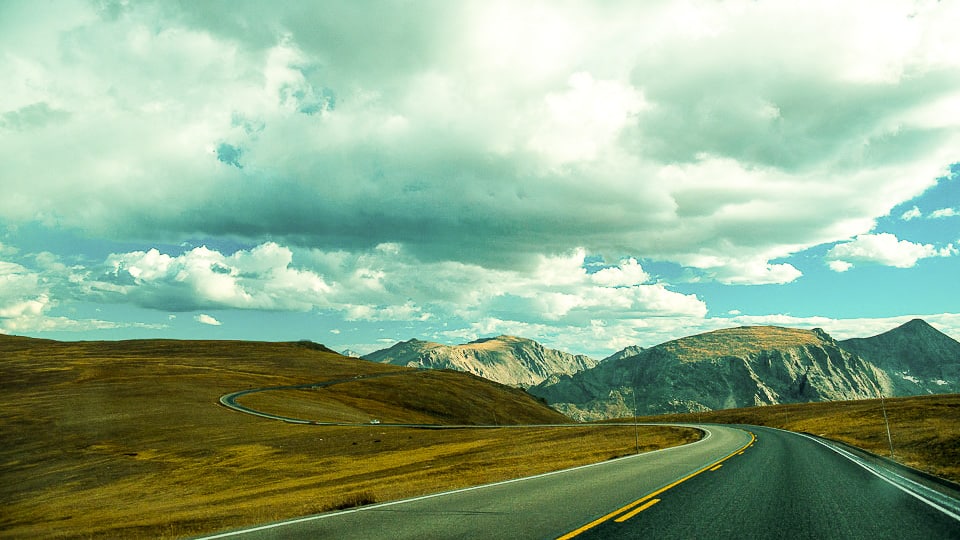
It never gets old in our book: the pleasure of a road trip, the freedom of the open road, the ability to stop and start when we like, the easy access to countryside and wilderness. Passing through small towns and neighborhoods across the united states, we imagine ourselves in this place that seems both familiar and other worldly, all at once.
Planning your road trip is easier than ever. Yes, you can still go to AAA and get assistance mapping your itinerary. These days, thanks to the internet and some enterprising companies, you can also opt for online professional road trip planners to suit your style, destination, and time constraints.
No matter if you are embarking on a National Parks tour or yet another drive to the grandparents’ house a couple states over, a road trip requires good planning. Just like any sort of travel, the better prepared you are for driving long distances, the more freedom you’ll have to enjoy the trip – and even deviate at whim for your touring pleasure.
Here are our tips for planning a great road trip that still allows for the joy of spontaneity.
Table of Contents
Your Trip Itinerary: Plan your Route
Given your destination or list of several destinations, the first step in your travel plans is to assess your total estimated mileage and how much time you’ll want to allow. That means being realistic about daily driving times. How much of your travel time you want to spend behind the wheel versus in the great outdoors? A restful drive is one with frequent stops. Just walking about a bit will help your mind stay alert and your body avoid stiffness. On the contrary, nothing will wreck a trip faster than white-knuckling your drive farther than you need to before the next rest.
If you are taking interstate highways and aiming for one destination, you can cover 400 miles a day, or about six hours of driving, without too much trouble. If you’re planning to take a scenic drive and pause frequently, you might cut that daily mileage in half or even into thirds. For a weekend getaway, there's nothing wrong with reviewing a simple route planner even for a round trip under 150 miles.
Other things to keep in mind when planning your road trip route are the seasons, road conditions, your type of vehicle, interest in side trips, and whether you are pre-booking your accommodations. Keep your personal interests top of mind as you start drawing your route. Some of the best places to visit might be close to home or just a quick jaunt off your planned itinerary itinerary.
There’s a Road Trip Planner App for That!
Professional assistance planning your road trip is highly recommended. This still requires good research on your part, as you determine the essential stops along your itinerary. Then you can have fun with customizable planning, considering epic routes, historic sites, perfect camping spots, flexibility to book hotels, or locations of attractions you want to include. Your best route will loop in stops that match your interests.
Pre-made trip guides can help you plan the perfect road trip. They’ll help build your itinerary and provide you with an interactive map or offline maps you can download and access along the way.
Take a look at AAA services; they are especially helpful advising road trippers about road construction, detours, and essential services like gas stations.
Triptik by AAA is available online or from your local AAA office.
Roadtrippers Autopilot. Find inspiration for a classic American road trip with Roadtrippers pre-loaded guides, or create your own.
Furkot can help you plan your drives internationally. Learn how much time to allow, find recreation areas, book your hotel directly from the app, map charging stations for your electric vehicle.
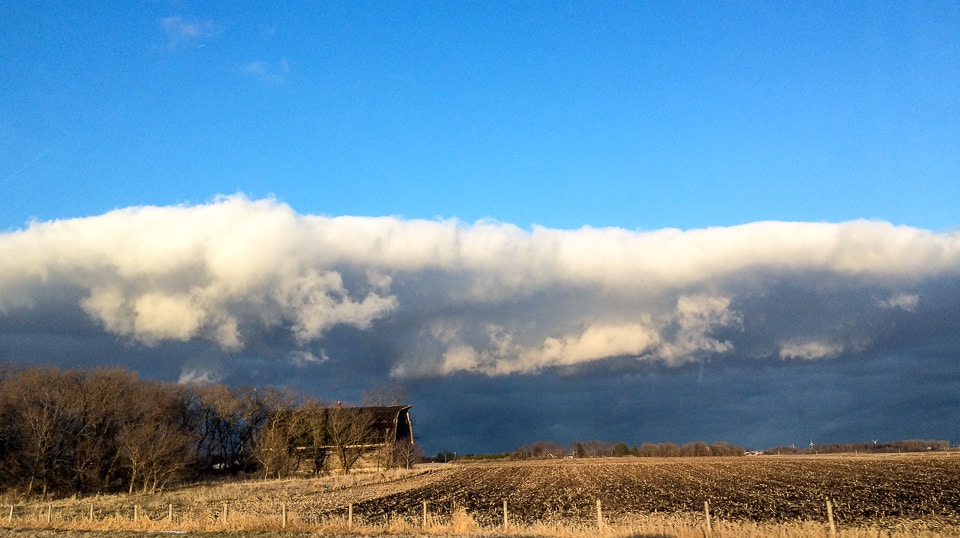
Other Planning Resources
Besides mapping your driving route, all sorts of other resources can provide fresh ideas to enhance your drive. A good atlas or series of state road maps (often available free at gas stations) will display some interesting sights for possible side trips. Yes, on paper, something to hold in your hand and scribble notes on.
There are a ton of good road trip travel books that might show you oddball roadside attractions or interesting historic sights you don’t want to miss. Here are some titles and resources we enjoy:
Atlas Obscura. Just like it says, this fascinating website will lead you to obscure, fun, points of interest.
The Open Road: 50 Best Road Trips in the USA. We like Moon guides in general, and this one delivers a good variety of road trips, from weekend getaways to cross-country adventures.
Backroads of the Great American West. A guide to some shorter routes off the beaten path, for day trips or weekend getaways.
The National Parks Bucket List: The Ultimate Adventure Journal for all 63 Parks. Doubles as a journal and provides tips on popular and lesser known sites within the parks.
On the Road, by Jack Kerouac, or Travels with Charley: In Search of America, by John Steinbeck or Roads: Driving America's Great Highways, by Larry McMurtry. These good reads will get you into the right frame of mind before even beginning your road trip planning process. Most are available in Audible and Kindle formats, too.
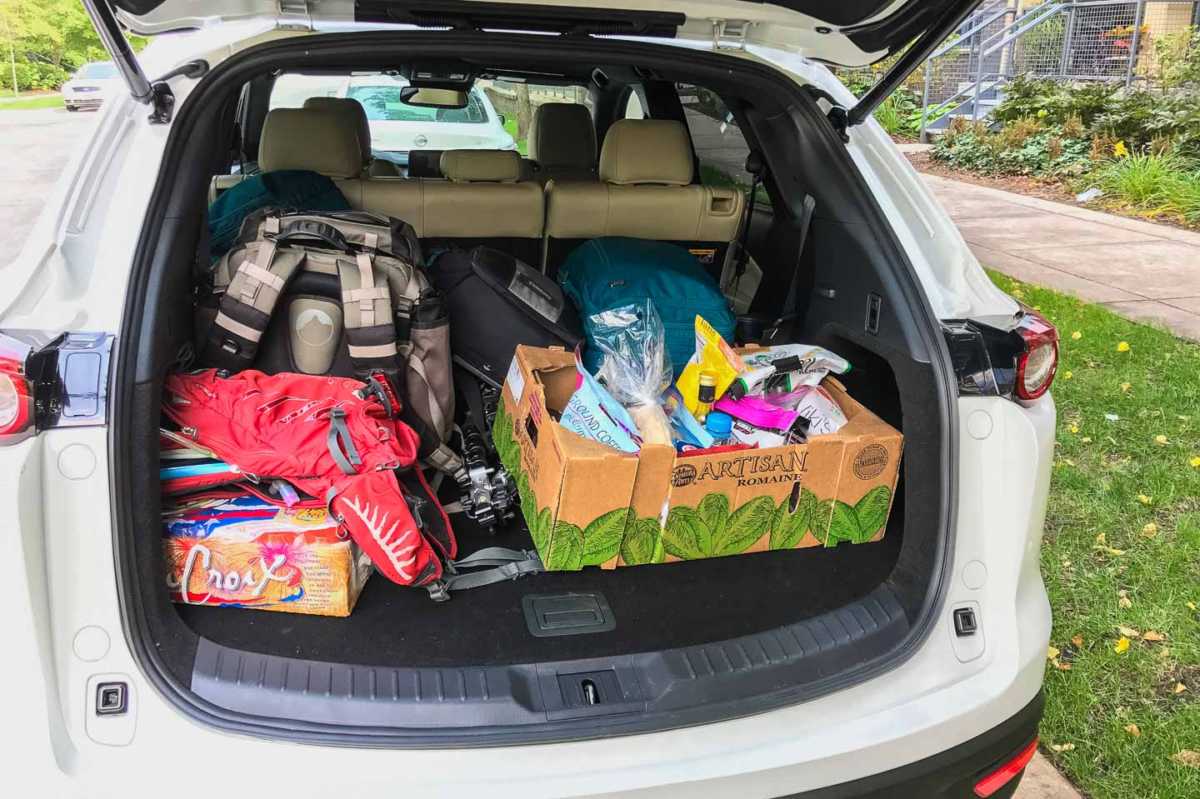
Prepare Your Vehicle
This assumes you already know which vehicle you're driving! As a reminder, you do have options: a rental car, an RV (rented or purchased), electric vehicle, motorcycle, etc. Each type has its unique itinerary planner needs. We're intrigued by these mobile office vans outfitted for our tech needs and with assorted modular configurations for comfort.
Do take the time to get your vehicle in tiptop shape, ready to roll. According to AAA, the number one roadside issue is electrical problems. Have a shop make sure your battery is good, have your engine tuned up, your oil changed, fluids refilled, and your tires properly inflated. Not only will your drive be safer, but your fuel consumption will be lower if you're on good wheels. While you are at it, be sure your spare tire is inflated, and that you have the proper tools to change a tire (even if you aren’t doing it yourself).
Also, you’ll see in our packing section below that we carry this handy charger at all times. It’s compact and easy to use; just be sure it’s charged, too!
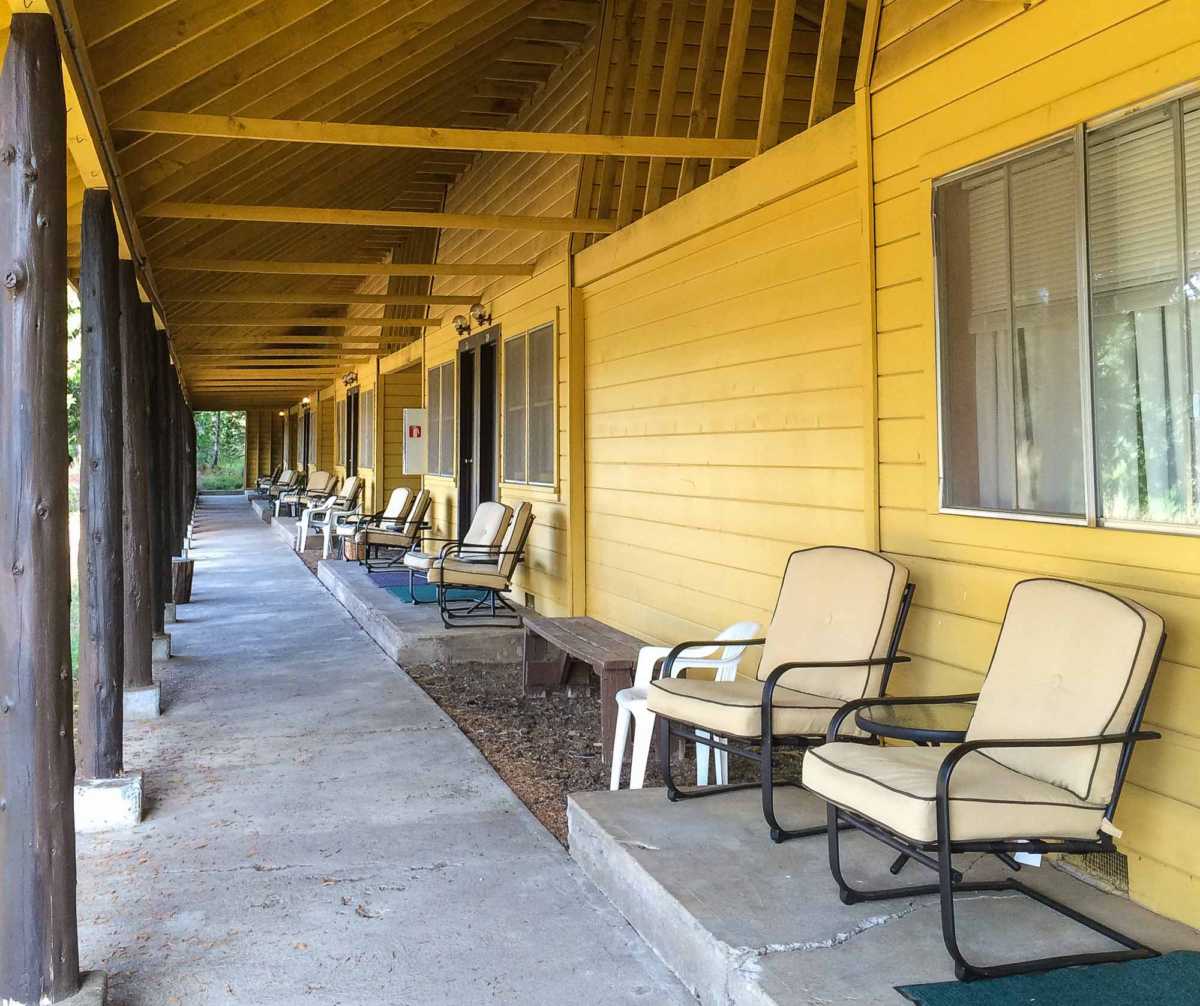
Activities and Extra Gear
Your road trip planner will be most effective if you are expressing your interests clearly. Are you interested in boating or fishing? Biking or hiking? Camping, bird-watching, antiquing? Consider adding a hitch and rack to your car, or a secure top rack. Whether you are hauling a trailer or sports gear, or a car full of stuff you’ve purchased on the way, you’ll want to be sure you are practiced driving the loaded car. Absolutely don’t compromise your visibility or overload your car. Be aware of your vehicle's fully loaded height and length so you can navigate small roads and parking areas. Check the security features on bike racks or toppers. Will you need to secure your bikes at night?
Accommodations: hotel/motel, camping, RV parks
Besides factoring in your daily and total mileage, your accommodation choices will be key determinants for your road trip planner and style.
Of course if you are camping or traveling by RV, you’ll want to plan the appropriate reservations, especially if you travel in high season. In many cases you can plan and book your lodging straight from your road trip planner app. But for your convenience and research, here are some popular sites for handling your reservations:
Campground reservations. Recreation.gov is a great resource for RV and camping sites, complete with info on hunting and fishing licenses, permits, lottery entry, a mobile app and trip planner.
National Parks Campgrounds. This clearinghouse site will take you right to the campground you want to reserve your spot.
You can crowd-source your planning by checking out campground reviews. Try Campendium for chatter about everything from free camps to swanky RV parks.
Hotels and motels might be more readily available so you can plan day by day how far you want to drive. We sometimes use HotelsTonight app to book as we go.
If you have a notion of visiting friends or family along the way, be sure to give them a heads up. Nobody likes surprises.
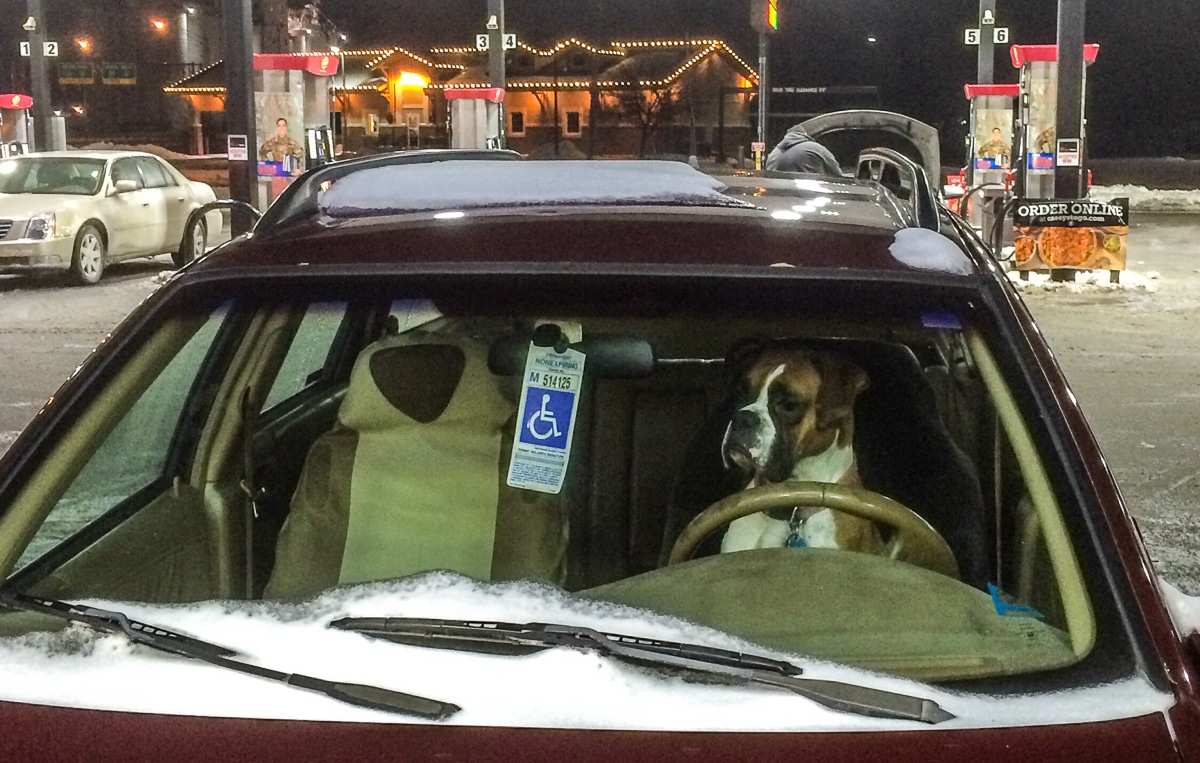
Food, Gas, and Rest Stops
It's a good idea to review your dining options at the same time you plan your accommodations. Yes, most roadside hotels are built with the usual chain or fast-food restaurants nearby. Beyond a day or two, though, you'll want some good food that's not fried or in a wrapper. Find out where the locals eat breakfast or lunch. Head to the grocery store and pack your cooler with plenty of healthy fresh food to picnic on at one of the many convenient and scenic wayside rest stops. Your favorite mapping or trip planner app will show you grocery and restaurant options.
Since COVID, we've been especially aware of health and safety issues around the places we stop along our drives. Now our good habits pay off when we find crowded or unclean facilities:
- Have masks, sanitizing wipes, soap, and hand sanitizer at the ready at all times. Public restrooms and gas pumps see many hands a day. Remember not to touch your face or eat until you've fully cleaned up.
- Assume products on the shelves or in the coolers in convenience stores have been touched frequently and recently, and wipe and handle accordingly.
- Anticipate odd hours and closures by stopping for gas before your tank is dangerously low. Likewise, keep plenty of water on hand. Do as we say, not as we've sometimes foolishly done.
Phone apps and electronics
Google maps is our preferred navigation app.
WAZE for up to the moment road and traffic conditions as reported by your fellow drivers.
Music and Books Every great roadtrip, methinks, comes with a soundtrack. Long drives are great for catching up on your reading, too, with downloaded Audible books, Podcasts, or seriels. Don't forget your local library can help introduce you to digitial media to enjoy on your way.
Weather app with alerts. Check in with your weather app frequently. The best apps will alert you to local flooding or storms or even air quality issues related to wildfire smoke.
Here are more of the electronics you want to be sure to have accessible:
- Chargers. Be sure you have the correct adapters to charge your phone while in the car.
- Consider getting a mobile Wi-Fi hotspot device for use in remote parts of the world, like our KeepGo portable Wi-Fi. Or sign up for an eSim card which you can purchase by world region and use to supplement your regular data plan.
- Pack extra camera batteries and memory cards.
- See our post on the best mobile apps for travel for more detail, as well as our post about the best accessories for every type of travel.
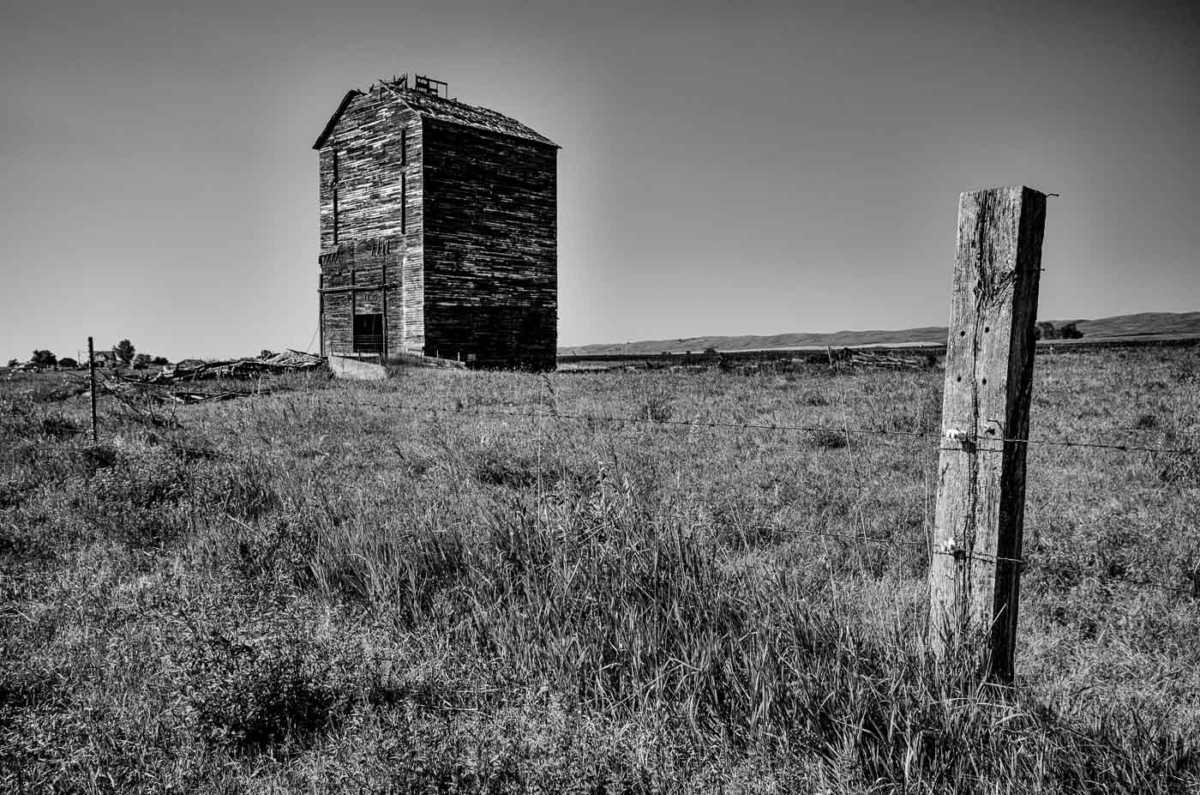
What to Pack
Not counting the clothes you plan to pack (you can see our packing lists here and here), your car trip requires a few extra items. Some are for your health and safety, and some are pure luxury, because you have room in the car to carry items you'd never take on a flight.
Pro Tip: If you can organize your overnight necessities in a small bag, you can avoid lugging everything from your car into the hotel room.
- Jumper cables
- First Aid Kit. See our post about building your own first aid kit. We always have masks and hand sanitizer handy in our car, too.
- A cooler and plenty of food in case you find yourself in the middle of nowhere at lunch time. Hint, we fill a wide mouth hydration pack with ice every morning to keep our food and drinks cold.
- Toilet paper
- Towels, clothes line, laundry soap
- A reliable flashlight and/or headlamp
- A day pack for outdoor activity. See our recommendations for bags we carry here.
- Rain gear
- Walking sticks
- Consider compression socks for your health, to counter the effects of sitting for long hauls. And for that matter, if your knees are an issue, we stand by the Incrediwear knee sleeve, too.
- Essential reminder (we feel obligated to repeat this every chance we get): sunscreen, hat, and plenty of water! Always prepare for being out in the sun longer than you expect.
- Water shoes, for those unexpected creek-side picnics
- Binoculars
- Whoot! You can finally pack that corkscrew and pocket knife without losing it to TSA!
- Audio books or podcasts loaded and ready to go. Even a hard cover book or a big knitting project can fit in your car, making road trip travel feel quite comfy compared to flying. See our road trip travel books noted above.
- All the camera gear you are reluctant to lug onboard a flight, like a tripod and long lenses.
Travel insurance and travel safety
Travel insurance is just as important for your road trip as it is for international travel. Some plans, for example, include coverage for any travel over 100 miles from home. Check the details of your policy, or call for clarification before you go.
Be sure you can access your banking accounts, emergency car service, travel insurance policy, car insurance policy, and other essentials from your phone. Log in to each before you travel and make sure you have access to your passwords. (We use 1Password to keep all our passwords safe.)
Check out some of our favorite road trip blog posts, then pull out your maps and discover all the possibilities.
Lafayette, Louisiana: Easy Road Trip Near New Orleans
Road Trip Between Music Cities: Tennessee's Natchez Trace
Tunica County and the Mississippi Delta Blues
Nova Scotia: History, Cuisine, and Natural Beauty
Planning a healthy and sustainable National Park visits
Since COVID, many popular destinations, like National Parks, may operate with partial closures and restrictions as conditions dictate. Be sure to check each Park's website for current information on camping, lodging, hiking trails, and visitor centers. If you aren’t going to be happy with whatever restrictions are in place, postpone your travels until another time when you can enjoy full access.
Take the time to learn about eco-friendly practices and take extra care to protect our parks. We imagine a lot people taking to the outdoors these days may have little experience in the wild. Whether you are a novice at hiking in the woods, or just want to adopt ‘best practices,’ there are plenty of guidelines out there to help you. Many double as life-long safety and sanitary habits. Now is the time to think about sustainable travel.
For example:
- Travel with your own utensils and water bottle to avoid plastics and waste. And shared germs.
- Be prepared to carry out any and all materials you take into the woods.
- Be prepared to dig a hole to bury human waste, at least 200 feet from trails or water. (Check out this portable, folding shovel.)
- See the National Park's tips to recreate responsibly for other helpful ideas.
More Resources for Road Trip Travel
National Parks: Leave No Trace A concise guide to best behavior in the woods.
Traveling by RV: To Rent or Buy a Camper? A Travel Past 50 guest post to guide you through your options.

Summary
Rule number one: Stop frequently to get out and stretch, enjoy the views, and breathe the fresh air. No need to hurry.
Every type of travel requires some level of trust and a whole lot of self-reliance. Multiply that for safe road trip travel. Self-reliance, as I see it, is akin to safe, defensive driving. Don’t assume the rest of the world has the same standards to protect your health and well-being as you do. Be aware of others and of unexpected turns of event.
For resourceful travelers, there can be fun in creating your own itinerary, adapting to changes, avoiding crowded areas without missing highlights, creating your own picnic or camping area, and enjoying the outdoors more than ever.
Every cross-country drive reminds us of the family road trip we loved or hated, or the annual campground trip that introduced us to the outdoors. Even a weekend trip carries a sense of escape, as if we're playing hooky from school.Prepare now and enjoy the freedom of the open road ahead.
Up Your Travel Skills
Looking to book your next trip? Use these resources that are tried and tested by us. First, to get our best travel tips, sign up for our email newsletter. Then, be sure to start your reading with our Resources Page where we highlight all the great travel companies and products that we trust. Travel Accessories: Check out our list of all the accessories we carry to make getting there and being there a lot easier. Credit Cards: See our detailed post on how to choose the right travel rewards credit card for you. Flights: Start finding the very best flight deals by subscribing to Thrifty Traveler. Book your Hotel: Find the best prices on hotels with Booking.com. See all of the gear and books we like in one place on our Amazon shop.Got a comment on this post? Join the conversation on Facebook, Instagram, or Threads and share your thoughts!

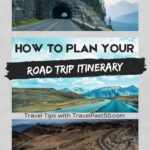
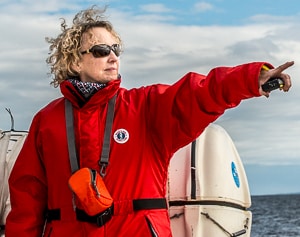
Comments are closed.